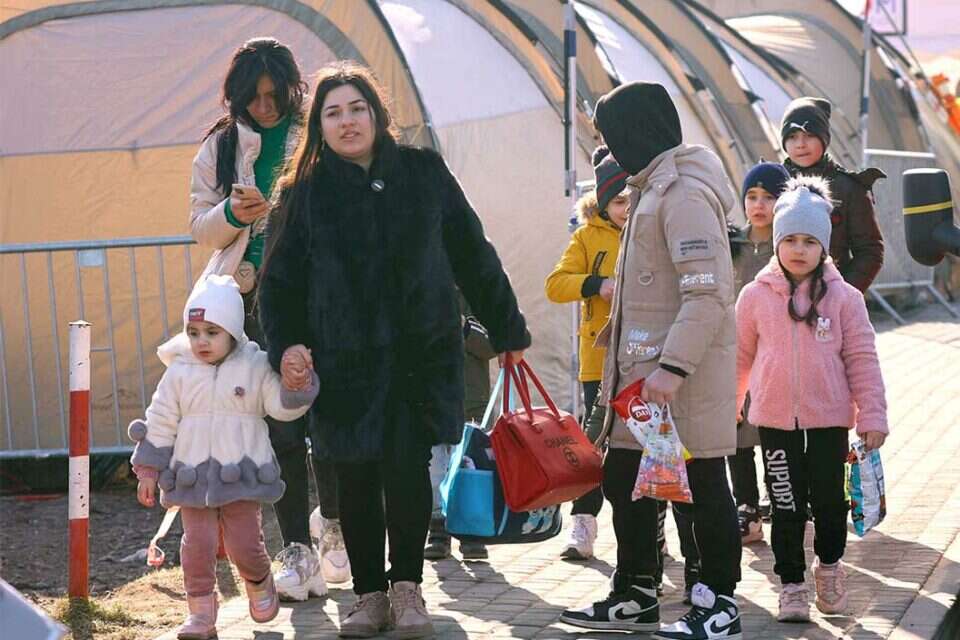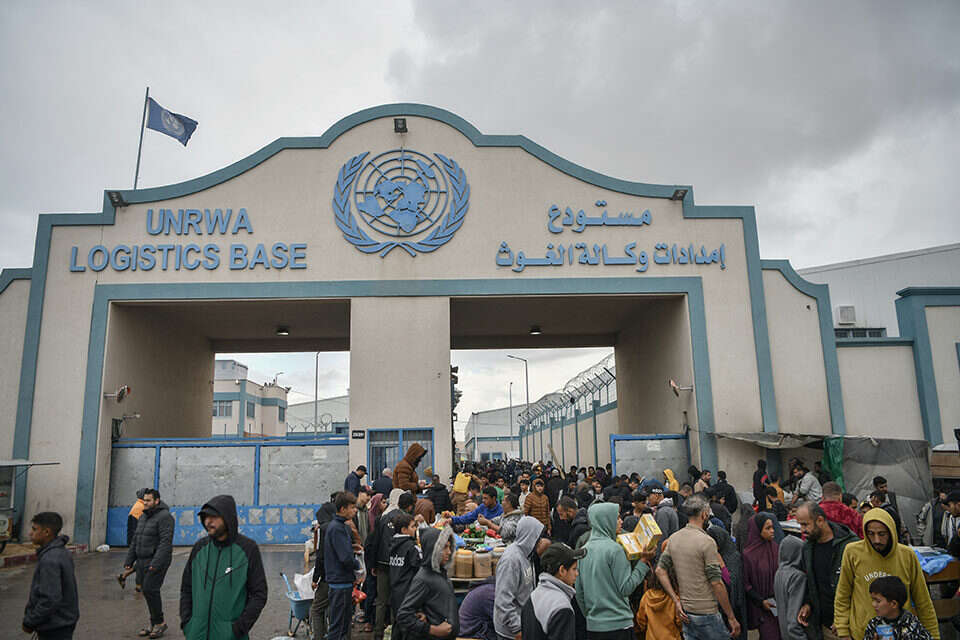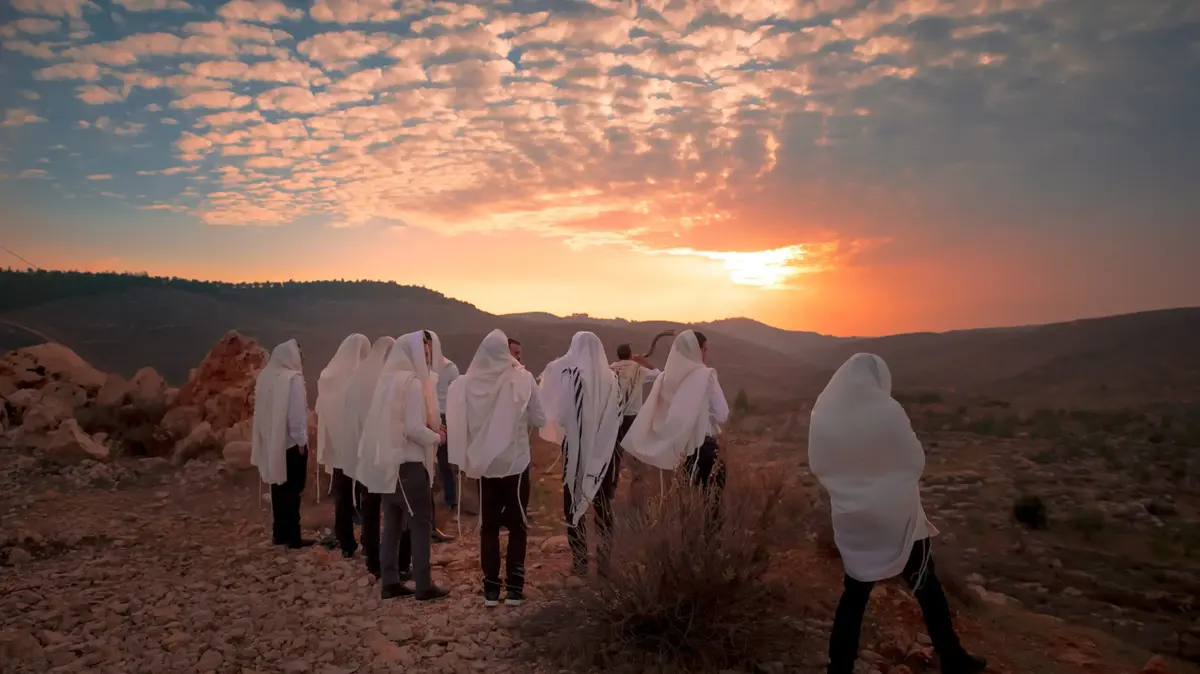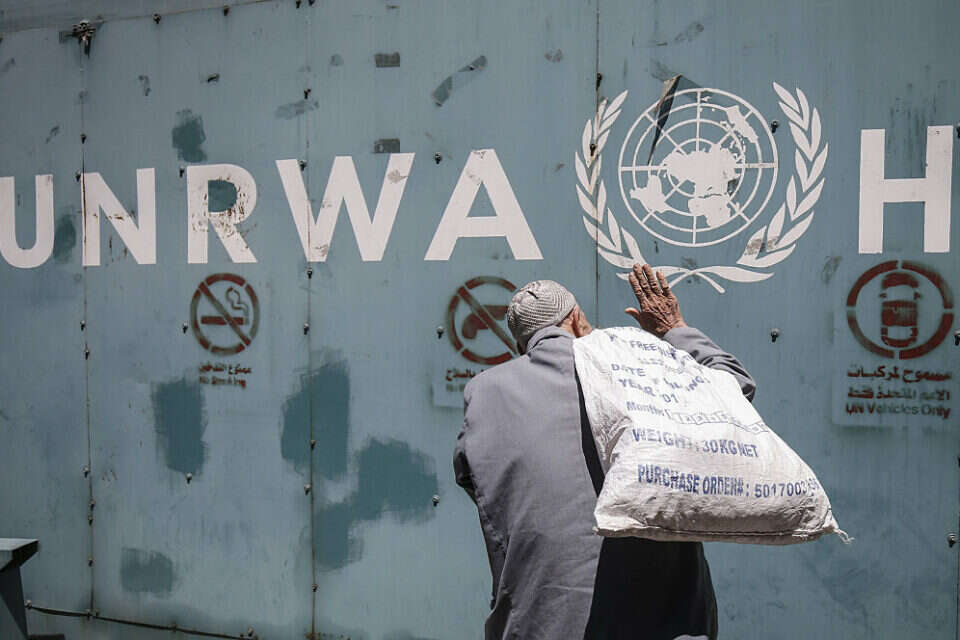An ophthalmologist from Ashdod simply wanted to help her grandfather, who remained in the bombed-out Kharkiv, and set up, together with other volunteers in Levib, a complete system of assistance in bringing medicines to hospitals in Ukraine.
Roman Rosengort, an Israeli who lives in Levib, together with other volunteers takes care of delivering the medicines and equipment to the people who need them.
Dr. Katrina Kirushka, who specializes in the ophthalmology department at Barzilai Hospital, immigrated to Israel from Kharkiv in 2014 as part of the "Journey of Physicians" program of the "Israeli Experience" company, a subsidiary of the Jewish Agency, which prepares doctors for the Ministry of Health's licensing test.
To date, the program has included more than 600 physicians who have been integrated into Israeli hospitals.
Yehuda Peretz,
Since the beginning of the fighting, she has been trying to help her 87-year-old grandfather, who is in the bombed-out city of Kharkiv and is left without medicine or food.
She began looking for people in the city who could help her lonely grandfather, but was unable to obtain medicine or food.
She turned to the hospitals in the city who explained to her that they too were short of equipment and medicine, and only then did she realize that the city had a major crisis and a severe shortage, and there was really no one who could help them.
Katrina approached the hospitals in Kharkiv and asked them for the list of medicines they were missing, and then raised donations among her acquaintances in Israel and bought medicines in Poland through people she located.
The purchased medicines were handed over to volunteers on the Ukraine-Poland border, who transferred them to Kharkiv.
"At the beginning of the war, most of the requests were for missing drugs, but as the fighting intensified, the requests were mainly for medical equipment for gunshot wounds and the collapse of buildings," Roman Rosengort, an Israeli living in Ukraine in recent years, said after fleeing his family. Volunteers with Katrina in bringing the purchased equipment.
We met him a moment after he made a round and arranged medication for transfer.
"My wife and child are now in Germany, she's part of a big European organization, they also collect money and once they cross the border I'm much calmer. But anyway all day I'm looking for how to help more, every moment I do not do something I feel I am not doing enough" .
Beilinson Expedition
Rosengort and other volunteers collect the equipment - which includes medicine, food and clothing - at the border crossing near Leviv, and transport it on buses returning to Kharkiv after dropping off refugees at the border.
Katrina and her friends decided to collaborate and opened a joint account for donations under the name "Israeli Friends of Ukraine".
At the same time, a delegation of doctors from Beilinson and Sharon hospitals, which pass between four places a day inside Bucharest and Warsaw, treat dozens of refugees a day.
It is a mobile hospital where the nurses were born in Ukraine and speak the language, and in Bucharest a Romanian-born doctor, who speaks the language.
Each day the teams move between four places where the refugees are and provide them with all possible types of medical treatments, including a conversation with a psychologist for those suffering from anxiety and stress.
Patients' ages range from infants to adults.
Dr. Dana Markowitz, deputy head of the internal medicine department at Hasharon Hospital, says she came to one of the hotels - where a young mother was staying with a baby about a year and a half old. Psychologist in a zoom call from Israel, today they are on their way to recovery.
Dr. Markowitz: “As long as they are here, we do rotation and surveillance.
Suddenly they see that someone is taking care of them and know they have an address.
It's a completely different job from my daily work, it's primary medicine, it gives you tremendous satisfaction and mental satisfaction. "
Were we wrong?
Fixed!
If you found an error in the article, we'll be happy for you to share it with us






/cloudfront-eu-central-1.images.arcpublishing.com/prisa/QFTTW3REEBC2RCDMARMAZ5WO6I.jpg)

